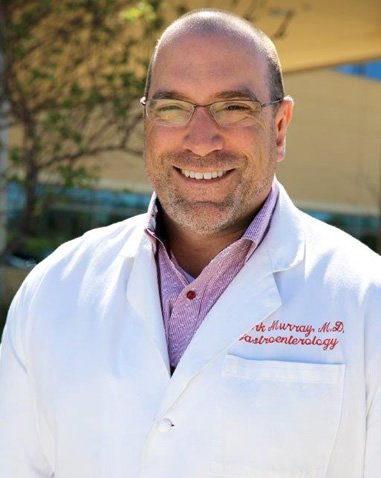Bravo pH Monitoring
Determines whether or not you have acid reflux and the severity of the disease.
Bravo wireless esophageal pH monitoring
Bravo wireless esophageal pH monitoring also measures and records the pH in your esophagus to determine if you have GERD. A doctor temporarily attaches a small capsule to the wall of your esophagus during an upper endoscopy. The capsule measures pH levels in the esophagus and transmits information to a receiver. The receiver is about the size of a pager, which you wear on your belt or waistband.
You will follow your usual daily routine during monitoring, which usually lasts 48 hours. The receiver has several buttons on it that you will press to record symptoms of GERD such as heartburn. The nurse will tell you what symptoms to record. You will be asked to maintain a diary to record certain events such as when you start and stop eating and drinking, when you lie down, and when you get back up.
To prepare for the test talk to your doctor about medicines you are taking. He will tell you whether you can eat or drink before the procedure. After about seven to ten days the capsule will fall off the esophageal lining and pass through your digestive tract.
Esophageal Manometry
Is a test to assess motor function or peristalsis of the esophagus.
Esophageal manometry measures muscle contractions in your esophagus. We may order this procedure if you’re thinking about anti-reflux surgery.
We will spray a liquid anesthetic on the back of your throat or ask you to gargle a liquid anesthetic.
A soft thin tube through your nose and into your stomach. You swallow as the tube is slowly pulled back into your esophagus. A computer measures and records the pressure of muscle contractions in different parts of your esophagus.
The procedure can show if your symptoms are due to a weak sphincter muscle. A doctor can also use the procedure to diagnose other esophagus problems that might have symptoms similar to heartburn. We will give you instructions about eating, drinking, and taking your medicines after the procedure.

 Meet Dr. Mark Murray
Meet Dr. Mark Murray Meet Dr. Eric M. Hill
Meet Dr. Eric M. Hill Meet Dr. kevin Ho
Meet Dr. kevin Ho